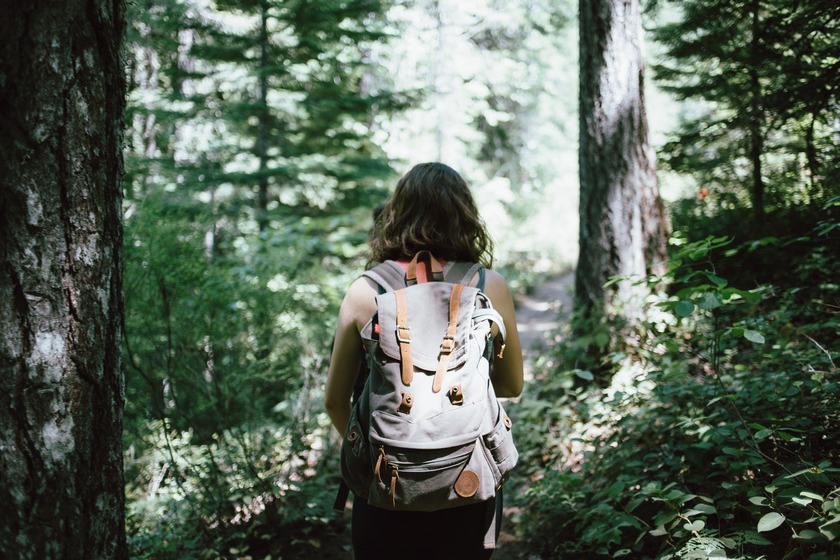Essential Backpacking Hygiene Tips
Backpacking is a magnificent way to immerse yourself in nature, engage your body, and calm your mind. However, personal hygiene may not always be prioritized when you’re out in the wilderness. Hiking all day can lead to a build-up of sweat, making hygiene feel like a challenging task. Yet, if you plan to enjoy the great outdoors long-term, maintaining proper hygiene will be vital.
Leave No Trace Philosophy
Regardless of whether you’re a seasoned backpacker or a newcomer, you’ve likely heard the mantra “Leave No Trace.” This principle emphasizes that you should carry out what you bring in, while also respecting the natural environment. This includes being mindful of wildlife and minimizing the impact of your campfires. By following these guidelines, we help preserve the beauty of nature for everyone’s enjoyment.

When prepping your backpack, it’s crucial to incorporate the “Leave No Trace” mindset. Unlike vacations where you can easily dispose of products as you use them, each item must be accounted for in your pack. If you typically use disposable hygiene items, such as deodorant wipes or single-use dental flossers, reconsider these choices. Opt for reusable items to minimize waste.
Oral Hygiene Essentials
Maintaining oral hygiene while backpacking is essential, yet can pose challenges in terms of waste management. Although it’s straightforward to carry your deodorant in and out, oral hygiene can create more refuse. Despite being in the wilderness, brushing your teeth twice a day is important. Adjusting your routine can help; for instance, you can either swallow the toothpaste or use the “eco-spraying” method for disposal, which disperses the toothpaste over a wider area to limit its environmental impact.
Creating Makeshift Showers
Utilizing rivers or lakes for cleaning may seem appealing, but be cautious not to pollute these water sources with hygiene products—biodegradable or not. You are welcome to wash in these natural bodies of water, provided you do not introduce products directly. Should you wish to use biodegradable soap, remember to wash at least 200 feet away from water sources to ensure cleanliness.
Food Safety and Fragrance Considerations
While backpacking, the main concern regarding hygiene often revolves around scent rather than body odor. In the wilderness, particularly in areas populated by wildlife like bears, it’s critical to choose unscented hygiene products. This is because to wildlife, any fragrance may be associated with food.

To ensure you aren’t mistaken for dinner, prioritize unscented items in your hygiene kit. Additionally, adhere to specific storage guidelines for any scented products. Depending on the area where you hike, you may be required to utilize bear canisters, food lockers, or odor-proof bags for sufficient food storage. Keeping these items away from your tent is paramount, as this distance helps to mitigate wildlife encounters at night.
Conclusion: Key Takeaways for Hiking Hygiene
Just like every aspect of outdoor adventures, maintaining effective hygiene during your backpacking trips requires vigilance and a proactive approach. Nevertheless, implementing these strategies allows you to explore nature safely without compromising your health or the environment.
What do you do to maintain cleanliness while backpacking? Share your tips and experiences!
External Resources for Further Reading:




